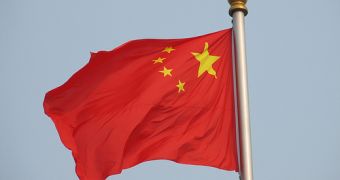China has officially banned the trading of virtual currency for money or real-world goods or services. The move may put a dent in the “gold farming” industry, which brings in millions of dollars each year in the country though the law doesn't actually specify these types of transactions. Virtual currency can continue to be used to purchase virtual goods or services that the issuers of the currency provide themselves.
The move comes as part of China's crackdown on online gambling, underground trading and money laundering. The government warned that the virtual currency trade exceeded several billion yuan, as much as $1 billion, and it is worried that the virtual economy created might begin to affect the real one.
One of the main reasons for the crackdown is the increasing popularity of the virtual currency called “QQ coins” issued by Tencent.com. The site is one of the biggest in China, with over 220 million registered users, more than Facebook's official numbers of 200 million, in a country with 300 million Internet users. The currency was initially intended for purchasing virtual goods from the site, like ecards, virtual game chips or Tencent apps; however, the coins became so widespread that people began trading them for real goods or even money and the Chinese government claimed they became a popular form of money laundering, theft or fraud.
It is hard to predict how this will affect the practice of “gold farming,” which is very popular in the country, with an estimated 80 to 85 percent of gold farmers coming from China. Gold farming involves acquiring gaming virtual currency or items to be sold for real money to gamers looking for an advantage and not wanting to waste many hours acquiring it themselves. However, the law refers strictly to virtual currency so the trade of in-game items should not be affected. The trading of online game virtual currency or items for real money is a $200 million to $1 billion industry worldwide according to some estimates, though actual figures are hard to come by.

 14 DAY TRIAL //
14 DAY TRIAL //